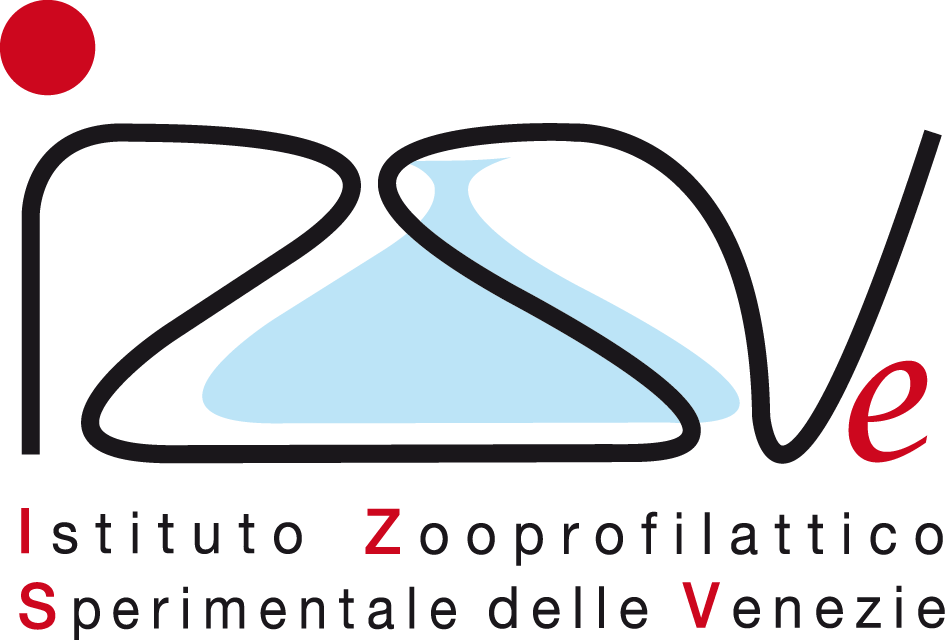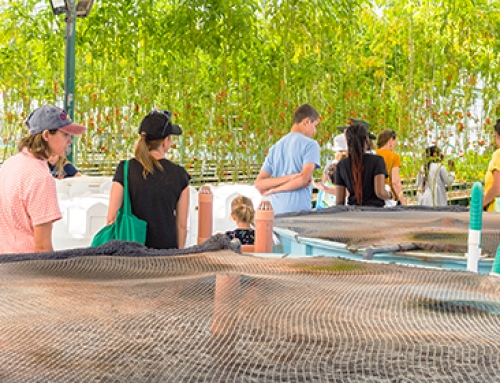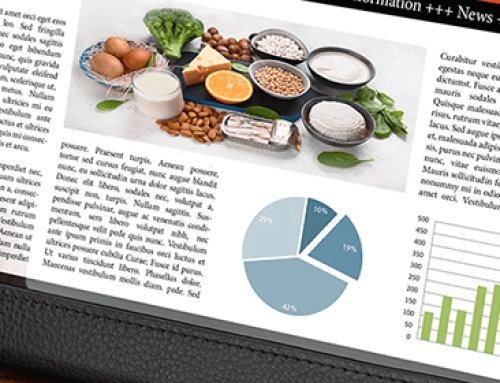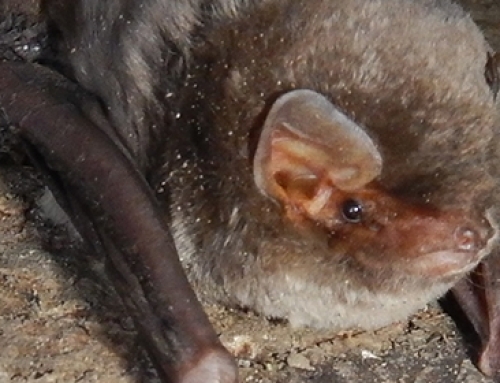Today as never before building strong international collaborations is essential. This is the final message that emerged from the final meeting of the OIE Twinning project “Improving the capacity of the NVRI laboratory for better control of the avian influenza virus at national and regional level”. The event took place on November 25th in the form of a webinar and celebrated the conclusion of almost three years of intense collaboration between the Istituto Zooprofilattico Sperimentale delle Venezie and the National Veterinary Research Institute (NVRI) based in Vom, Nigeria.
Capacity building to prevent future pandemics
“International cooperation is a unique tool to enhance capacity building all over the world to avoid the spillover or at least the spread of diseases before they become pandemic”. Antonia Ricci, Director General, opened the meeting with these words, underlining the importance of cooperation projects between the IZSVe and laboratories in other countries. On several occasions, in particular in the recent months during the COVID-19 pandemic, international collaborations have proved that networking projects are vital to set up the technical-scientific foundations necessary to prevent and control epidemic emergencies that are able to threaten both animal and public health. Maryam Muhammad, Executive Director of the NVRI in Vom, pointed out that the relationship between the IZSVe and NVRI is well established: ”We have had a relationship with IZSVe since 2006, when Avian Influenza broke out for the first time (…)…. we look forward to working with IZSVe for the foreseeable future“.

The OIE Twinning project between the IZSVe (Italy) and the NVRI (Nigeria) was completed. In addition to the goals achieved in terms of scientific research and technical-scientific improvement of the Nigerian laboratories, the project fostered human growth and interpersonal relations between the IZSVe and the NVRI staffs.
The event was also an opportunity to discuss about the current epidemiological situation of avian influenza at a global level, with particular attention to the role of the African continent in the dynamics of its spread, stressing the fact that this very virus may be the candidate for a future pandemic, due to its zoonotic potential and high diffusion rate. Representatives of the major international organizations involved in the prevention and control of infectious diseases (FAO-ECTAD and OIE) attended the meeting, together with delegates from the National Reference Laboratories of the Western Africa region and the Nigerian colleagues who were personally involved in the project.
Results of the project
Three publications in peer-reviewed journals [1, 2, 3] and two other works in preparation are among the concrete results of the Capacity Building project. In addition to the goals achieved in terms of technical-scientific improvement, emphasis was also given to the aspects of human growth and interpersonal relations between the IZSVe staff involved in the training and the NVRI staff, who were hosted at IZSVe’s facilities on seven different occasions.
The inter-laboratory exchange was not limited to the activities between Italy and Nigeria. At the same time as this project, another OIE Twinning programme was taking place in the region between the Canadian Food Inspection Agency (FCIA), Canada and the Accra Veterinary Laboratory, Ghana. The development of a strong network between laboratories in the Western Africa region was strongly supported by the OIE, and the participation of the Canadian and Ghanaian colleagues in the final meeting once again confirmed the intention to enhance a fruitful collaboration between all the parties involved.
Despite the undeniable difficulties that may arise during international cooperation projects (lack of adequate facilities and equipment, need to change the planning of activities with extreme flexibility due to security issues, management of travel documents and unforeseeable health emergencies such as the SARS-CoV2 pandemic), it should not be forgotten that the main purpose of such programmes is to build trust and long-lasting scientific collaborations between experts in different countries. Only by working together, we can expect to have a real impact on the prevention and control of infectious diseases around the world.
Riferimenti bibliografici
- Fusaro, A., Zecchin, B., Vrancken, B. et al. (2019). Disentangling the role of Africa in the global spread of H5 highly pathogenic avian influenza. Nature Communications, 10, 5310.
- Shittu, I., Bianco, A., Dorcas, G. et al. (2020). First detection of highly pathogenic H5N6 avian influenza virus on the African continent. Emerging Microbes & Infections, 9(1), 886-888
- Shittu, I., Meseko., C.A., Sulaiman, P. et al. (2020). Fatal multiple outbreaks of equine influenza H3N8 in Nigeria, 2019: The first introduction of Florida clade 1 to West Africa. Veterinary Microbiology, 248, 108820







